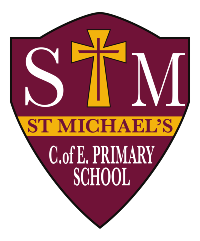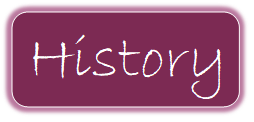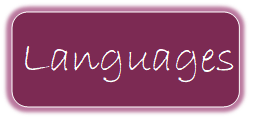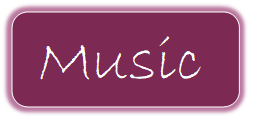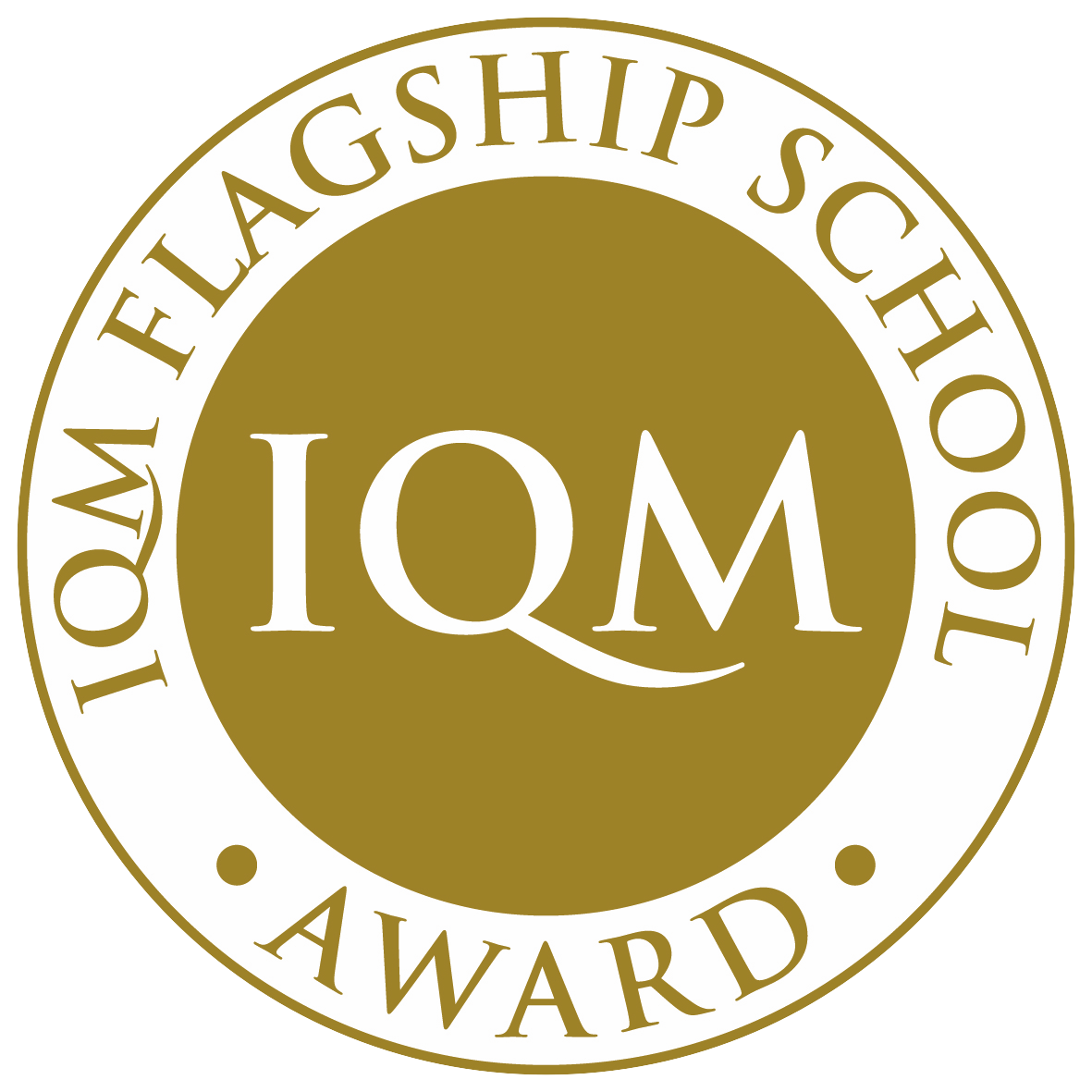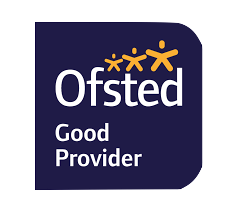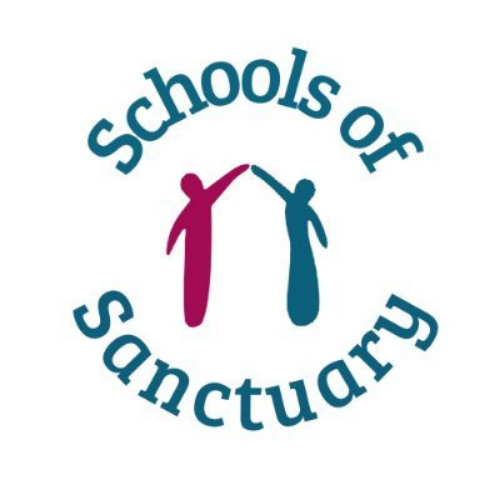Curriculum at St Michael's
‘Sharing, Caring and Learning Together’
At St Michael’s CEP, as we share, care and learn together, we are building a loving, caring, inclusive community to provide every child with a high quality learning and personal development experience.
We support all, celebrating achievements and providing our children with a foundation of faith, hope and aspiration in an ever-changing world.
We place the Christian values of Love, Peace, Joy, Faithfulness, Goodness, Self-Control, Forgiveness, Gentleness, Kindness and Respect at the centre of all we do.
We do this so that all children, parents, staff and governors can work together in partnership to enable all children to realise their full potential and provide pupils with every opportunity to flourish and grow academically and personally whilst also developing their skills and talents as individuals.
Subject Overviews
For more information on specific subjects please click the links below, or in the menu at the top of the page.
Year Group Overviews
For more information on specific year groups please click the links below.
Curriculum Intent
The curriculum in its broadest sense firmly underpins the schools Mission statement and school vision of ‘Sharing, Caring and Learning Together.’
At St Michael’s CEP we ensure that every pupil has access to a rich, broad, balanced, creative and adapted curriculum. The needs of all are provided for with regard to their abilities, gifts and talents with a commitment to ensuring excellence in all areas.
We provide for children’s academic achievement and their spiritual, social, moral, cultural, physical and creative development. We provide a curriculum which is enriching, enjoyable and exciting.
We recognise that every child has a different starting point, knowledge base and skill set, as well as differing aptitudes and aspirations. As a result, children’s needs are assessed and their talents developed through a range of teaching and learning strategies. We understand that children learn in different ways and work to ensure our lessons support this.
We aim to ensure that religious education and spiritual development permeates every aspect of the curriculum, so that it is both explicit and implicit within the taught curriculum. This is grounded in worship and lived out in the daily life of the school where the children are supported, through the curriculum, to grow in faith and deepen their relationships with God and each other. Each subject taught is underpinned by the school’s Christian vision and they each have their own specific vision statement.
Curriculum Implementation
The school follows the national curriculum. Each unit of work are informed by, and aligned, to the National Curriculum 2014, taking into account the school’s own unique context, location and the children’s interests. The Reception Year follows the Curriculum Guidance for the Early Years Foundation Stage which includes the seven areas of learning. These are the 3 prime areas of physical development, personal, social and emotional development and communication and language and the 4 specific areas of literacy, mathematics, expressive art and design and understanding of the world. Where pupils move into Year 1 without having achieved a good level of development they continue to be taught in line with the Foundation Stage Curriculum. Transition to the Year 1 curriculum does not happen at a point in time but rather when pupils have reached that stage in their development. It is expected that the majority of children will have progressed onto the National Curriculum within the Autumn Term.
Each curriculum area has been developed in a way that ensures excellent progression from Nursery to Year 6. Alongside the school SLT, the school Curriculum Lead and class teachers; subject coordinators have shaped and designed each subject area to ensure that taught knowledge, skills and vocabulary are progressive and sequenced with planned, built in opportunities to revisit prior learning.
Class teachers implement and embed knowledge, skills and vocabulary through the use of various diverse and effective retention strategies, including the use of Rosenshine Principles brought together in our retention toolkit, identifying methods for maintaining knowledge and skills after the initial teaching point. Retention of learning strategies play an important role in certifying that the taught curriculum has maximum impact to enable new knowledge to transfer to pupils’ long term memory and that connections are made through schema and as a result, enables children to learn more, know more and remember more.
Cross-curricular opportunities are given wherever possible to enhance children's knowledge and understanding. Our curriculum is designed to provide effective cross-curricular links and to promote cultural capital. First-hand experience, practical, investigative and problem-solving work feature prominently.
To implement our school vision for a quality education, pupils are ensured access to the whole curriculum so that they may learn effectively, make progress and attain in line with, or better than, their prior attainment. Challenging, realistic and attainable targets are set in order to help pupils achieve this. Children at all levels are encouraged and supported to achieve their potential. Those who are most able are challenged and supported through being offered tasks which provide opportunities for greater depth and children with individual needs are encouraged and given targeted support to embed skills, to develop at their own pace or simply to learn in a style that best suits them.
Subject coordinators play an important part in the success of the curriculum by leading a regular programme of monitoring, evaluation and the celebration of good practice contributes to the ongoing commitment to evolve and improve further. All subject coordinators access training and the opportunity to keep developing their own subject knowledge, skills and understanding, so they can support curriculum development and their colleagues throughout the school.
The school recognises that ICT/Computing plays an increasing role in the 21st Century and equips children with the knowledge, skills, understanding and attitudes for such a world. We make excellent use of our school computer suite, two portable laptop trolleys and a bank of IPads.
The school also places emphasis on learning through and about the arts, recognising the many talents that our pupils bring to the school and offering all our pupils’ the opportunity to flourish. This is supported by the use of our creative arts studio and use of our dance studio.
Sport plays a key role in the school, enabling all to develop important physical skills and abilities along with core qualities e.g. determination, perseverance, commitment and effort.
Learning at St Michael’s CEP takes place in a stimulating environment (both indoor and outdoor), making use of our designated wildlife area. Children’s learning is supported by a variety of experiences, memorable/memory making events, educational visits and the expertise and knowledge of the wider community, making good use of our school mini-bus. Additional experiences include:
- After School Clubs
- Music Lessons provided by Bolton Music Service
- French lessons provided by a specialist language teacher
- One of the two weekly PE lessons for each class provided by specialist PE coaches (EYFS, KS1 & Year 3)
- Visits from theatre companies and productions
- Walks, visits, trips and visitors
- Links with the Seven Saints clergy team and representatives from the local mosque and temple
- Curriculum ‘WOW’ events
- Current events experiences
- Links with other schools
- Links with professional artists and artistic agencies
Further enrichment support is offered to our most able pupils in the form of extension work for English and Maths, Music, PE and joint events for Gifted and Talented pupils with our local cluster schools and a range of curricular development opportunities.
A wide range of extra-curricular activities is offered at the start of each term and involve children of all groups and abilities. Most teaching staff and many non-teaching staff participate in the provision of extra-curricular activities at some stage during the year. All school clubs (with the exception of Breakfast Club) are provided free of charge to St Michael’s CEP pupils.
The school has a strong PSHE policy which reflects the needs of the children in an ever changing society. Relationships, health & Citizenship are both planned and spontaneous and are included as part of the PSHE and RE curriculum.
Curriculum Impact
The school provides a strong foundation and opportunities for children to collaborate and develop social skills both indoors and out. This curriculum design ensures that the needs of individual and small groups of children can be met within the environment of high quality first wave teaching, supported by targeted and proven interventions where appropriate.
Enjoyment of the curriculum promotes achievement, confidence and cultural capital. Children feel safe and supported to try new things. High quality visits and visitors to the school enhance the curriculum and provide opportunities for writing for a purpose across the curriculum.
Children have opportunities to share their learning with each other, their parents and carers and other learners through school-based and external performances, competitions and events involving other schools. Our curriculum is show cased on our social media platforms.
Miss Bottomley (Assistant Head Teacher) takes overall responsibility for the curriculum throughout the school. Curricular subject teams (including teachers and teaching assistants) monitor and evaluate their particular subject to ensure that it is implemented consistently and effectively to ensure maximum impact on pupil progress and outcomes.
Retention at St. Michael's
retention at st michaels pdf.pdf
Curriculum Captains and Additional Pupil Roles
curriculum captains for classrooms 25 26 pdf.pdf
Protected Characteristics

